Tampa's HVAC Services | License #: CAC1818057A
Plumbing License | License #: CFC1433906
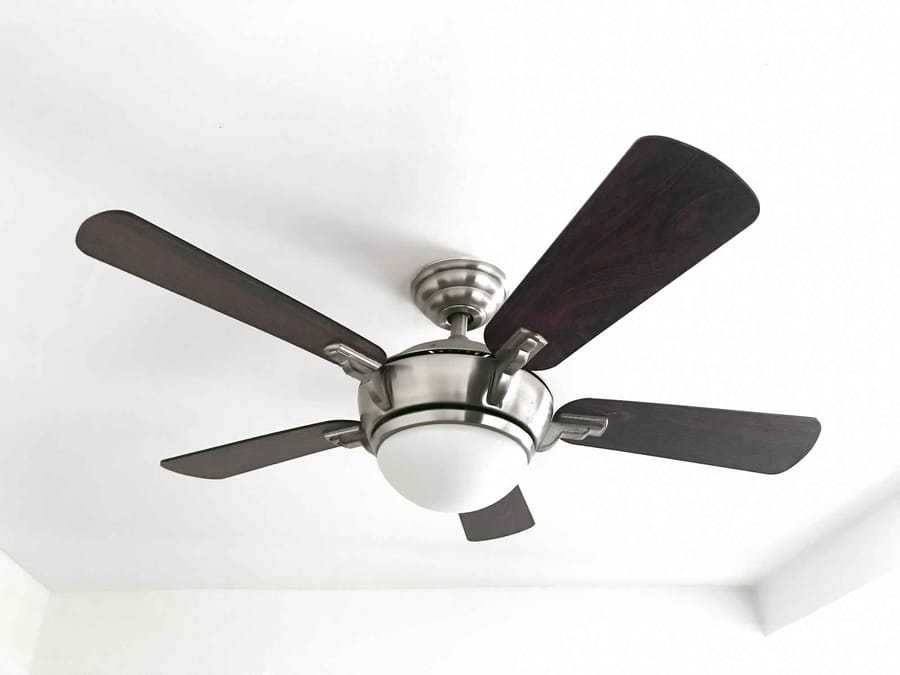
Home Comfort Myths in Florida: What People Get Wrong About HVAC & Plumbing
In Florida, comfort isn’t just about temperature. It’s also about keeping your home cool, dry, and efficient all year long. With relentless heat, thick humidity, and frequent storms, your HVAC and plumbing systems have to work harder than most. Yet, many homeowners rely on outdated advice or common myths that actually make things worse.
From oversized air conditioners to neglected plumbing maintenance, misconceptions about home comfort can lead to higher energy bills, poor air quality, and even costly repairs. Understanding what truly keeps a Florida home comfortable can help you save money and enjoy consistent performance from your systems.
In this blog, we’ll uncover the most common myths about HVAC and plumbing in Florida, explain why they’re misleading, and share the facts you need to keep your home efficient, healthy, and comfortable all year long.
Myth #1: Bigger HVAC Systems Always Work Better
Many Florida homeowners believe that installing a larger air conditioner will keep their homes cooler, but this common myth can lead to serious performance and comfort issues.
Why Size Matters More than Power
Oversized systems cool a home too quickly, which prevents them from running long enough to remove humidity from the air. That leaves rooms feeling sticky and uncomfortable, even if the thermostat shows the desired temperature.
The Problem with Short Cycling
When a unit is too large, it turns on and off frequently, a process called short cycling. This wastes energy, wears out components like compressors and fans, and leads to higher repair costs over time.
The Right Way to Size Your HVAC System
A properly sized system is key to balanced comfort. Professional technicians use detailed load calculations that consider factors such as square footage, insulation, windows, and airflow. This ensures your system runs efficiently while maintaining both temperature and humidity control.
Myth #2: You Only Need to Change Filters Once a Year
Many homeowners underestimate how important air filters are to their HVAC system’s health and efficiency. In Florida, where humidity, pollen, and dust are constant challenges, waiting a full year to replace filters can lead to serious problems.
Florida’s Climate Demands More Frequent Changes
Unlike cooler, drier regions, Florida homes rely on their air conditioning almost year-round. That means filters collect dirt and debris much faster. In most homes, filters should be changed every 30 to 60 days, but sometimes even more often if you have pets, allergies, or a coastal location where salt can affect air quality.
Dirty Filters Restrict Airflow
When filters become clogged, airflow is reduced, forcing your HVAC system to work harder to push cool air through. This increases energy use, raises utility bills, and puts unnecessary stress on components like fans and compressors.
Clean Filters Improve Comfort and Air Quality
Regular filter changes not only protect your system but also enhance indoor air quality. Fresh filters trap dust, pollen, and airborne irritants, helping your family breathe easier and keeping your home cleaner overall.
Myth #3: Closing Vents in Unused Rooms Saves Energy
It might seem logical that shutting off vents in rooms you don’t use would reduce energy costs, but this is one of the most misleading HVAC myths, especially in Florida homes.
Why Closing Vents Doesn’t Work
Modern HVAC systems are designed to distribute air evenly throughout your entire home. When you close vents, you change the system’s pressure balance. This added pressure can strain ductwork, increase leaks, and even cause the blower motor to work harder, leading to higher energy bills.
Uneven Airflow Creates Comfort Problems
Closing vents can make some rooms too cold and others too warm. That imbalance causes your thermostat to misread indoor temperatures, forcing your AC to run longer to reach the set temperature. The result is inconsistent comfort and wasted energy.
Better Ways to Save Energy
If you want to reduce energy usage, focus on proven methods such as sealing duct leaks, scheduling regular maintenance, or installing a zoning system that allows controlled cooling in specific areas. These options save energy without disrupting airflow or damaging your HVAC system.
Myth #4: Plumbing Maintenance Isn’t Necessary Until There’s a Leak
Many homeowners assume that if water is flowing and drains are clear, their plumbing system is fine. However, waiting until a visible leak appears can lead to costly repairs and significant water damage, especially in Florida, where humidity and corrosion can accelerate wear and tear.
Small Problems Start Long Before You See Them
Leaks, mineral buildup, and pipe corrosion often begin inside the plumbing system, where they’re invisible until major damage occurs. Even a small leak can waste thousands of gallons of water over time and weaken walls, flooring, and foundations.
Routine Maintenance Prevents Major Issues
Professional plumbing maintenance includes inspecting pipes, checking water pressure, testing valves, and cleaning drains. Regular inspections catch small problems early, preventing bigger repairs and extending the life of your plumbing system.
Florida’s Water Quality Adds Extra Stress
Hard water is common in Florida and contributes to scale buildup inside pipes and water heaters. Regular maintenance removes these deposits, keeping water pressure strong and reducing the risk of clogs or premature equipment failure.
Myth #5: Ceiling Fans Lower the Room Temperature
Ceiling fans are a Florida staple, but many homeowners believe they actually cool the air. While fans make you feel cooler, they don’t lower the temperature of the room itself. Understanding how fans really work helps you use them effectively and efficiently.
Fans Cool People, Not Rooms
Ceiling fans create a wind-chill effect by moving air across your skin, which speeds up the evaporation of sweat and makes you feel cooler. However, the actual air temperature doesn’t change. Leaving fans running in empty rooms wastes electricity without improving comfort.
The Right Way to Use Ceiling Fans in Florida
For maximum comfort, set your fan blades to spin counterclockwise during the summer months. This pushes air downward, creating a cool breeze that enhances the effect of your air conditioner. In the winter, switch the direction to clockwise at a low speed to circulate warm air without a draft.
Combine Fans with Efficient Cooling
Ceiling fans work best when paired with a well-maintained HVAC system. They allow you to raise the thermostat a few degrees without sacrificing comfort, reducing energy use while keeping your home pleasant and breezy.
The Truth About Comfort in Florida
True comfort in a Florida home is about more than just keeping cool. It’s about creating balance. Temperature, humidity, airflow, and water quality all work together to shape how your home feels every day. Unfortunately, common myths about HVAC and plumbing often lead to wasted energy, preventable damage, and inconsistent comfort.
By understanding how your systems actually function, you can make smarter choices that save money, improve air quality, and protect your home year-round. From properly sized HVAC systems to routine plumbing maintenance, every detail matters in Florida’s demanding climate.
At The Comfort Authority, we’re here to help Florida homeowners separate fact from fiction. Our certified technicians provide expert HVAC and plumbing services designed for Florida’s heat, humidity, and coastal conditions. Whether you need maintenance, repairs, or system upgrades, we’ll help you create a home that’s comfortable, efficient, and built to last. Schedule your home comfort consultation today and experience the difference that true expertise makes.
Recent News
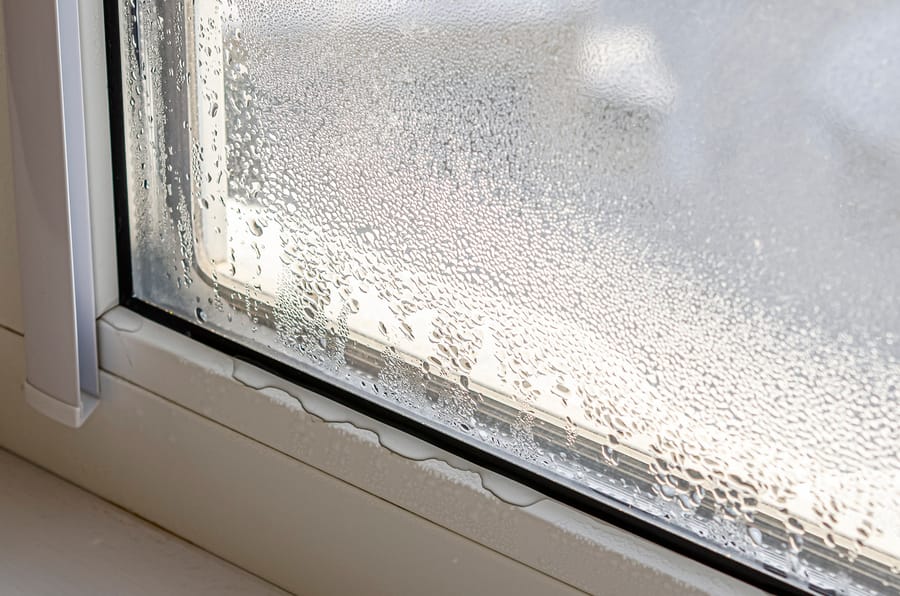
Why Your Home Feels Humid in the Winter in Tampa
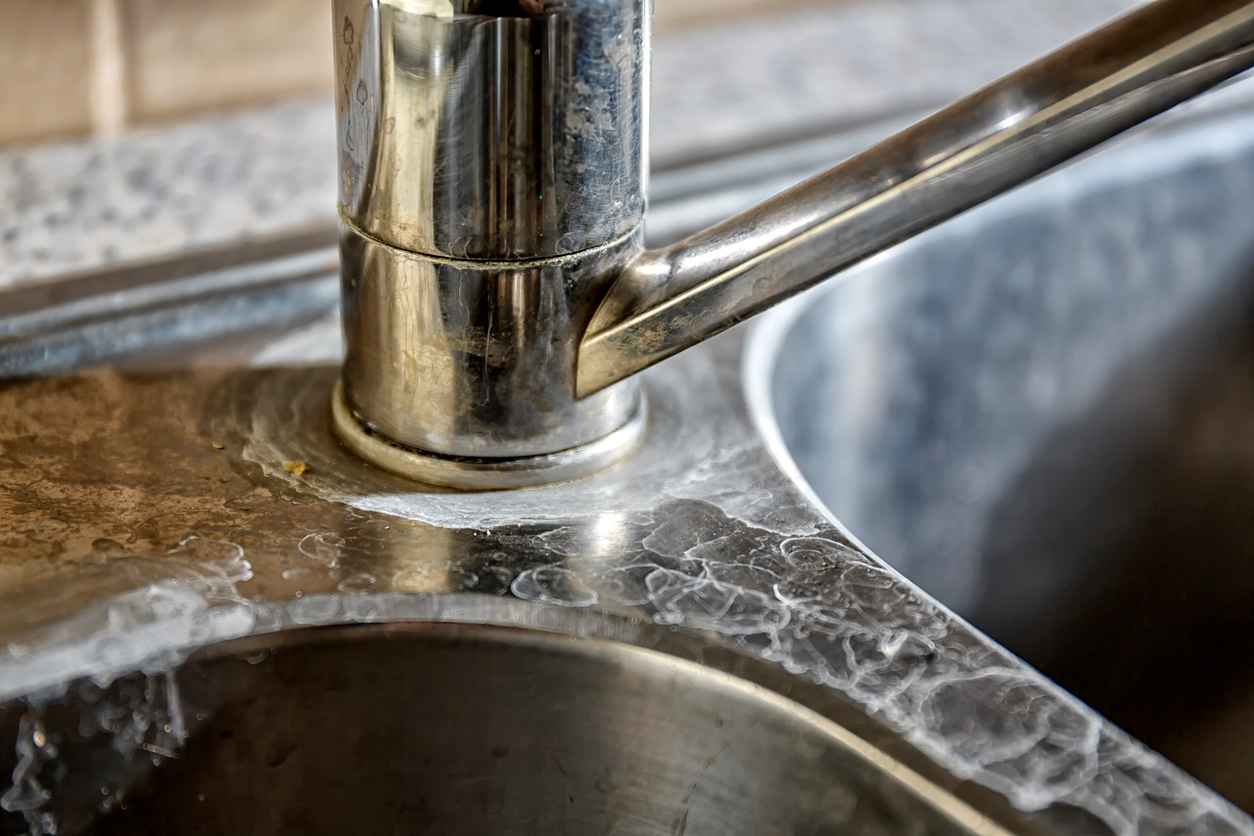
Water Quality & Its Hidden Costs: How Tampa Water Affects Your Plumbing & Appliances
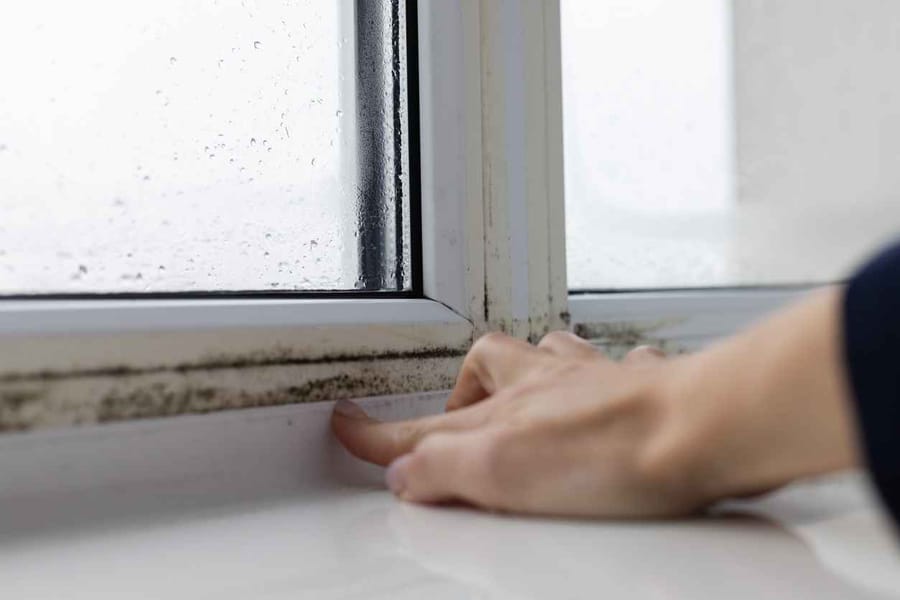
Indoor Humidity Control & Mold Prevention Guide for Florida Homes
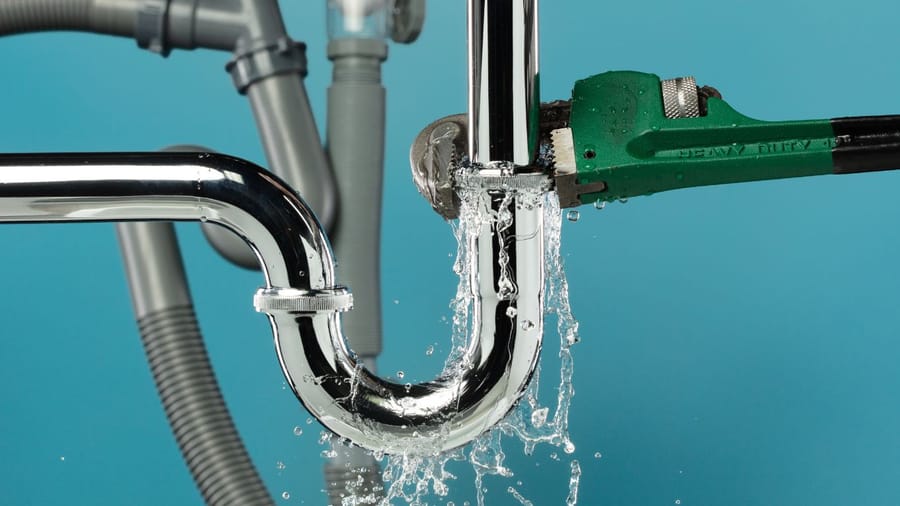
Home Plumbing Emergency: What to Do While Waiting for Service
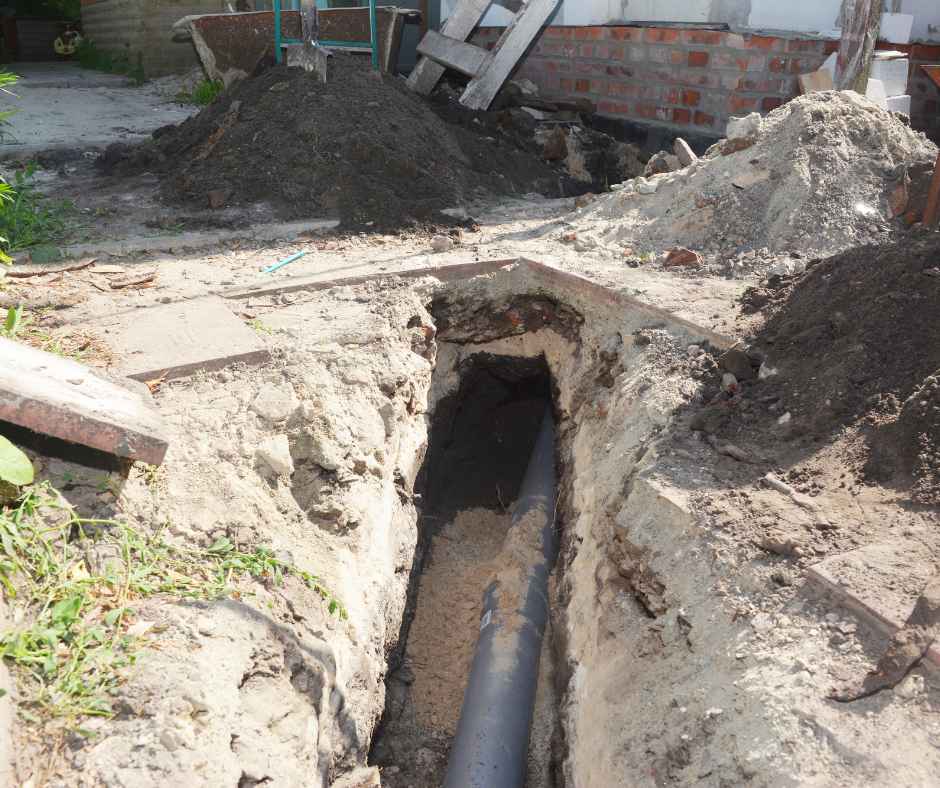
5 Signs Your Sewer Line Needs an Inspection or Repair
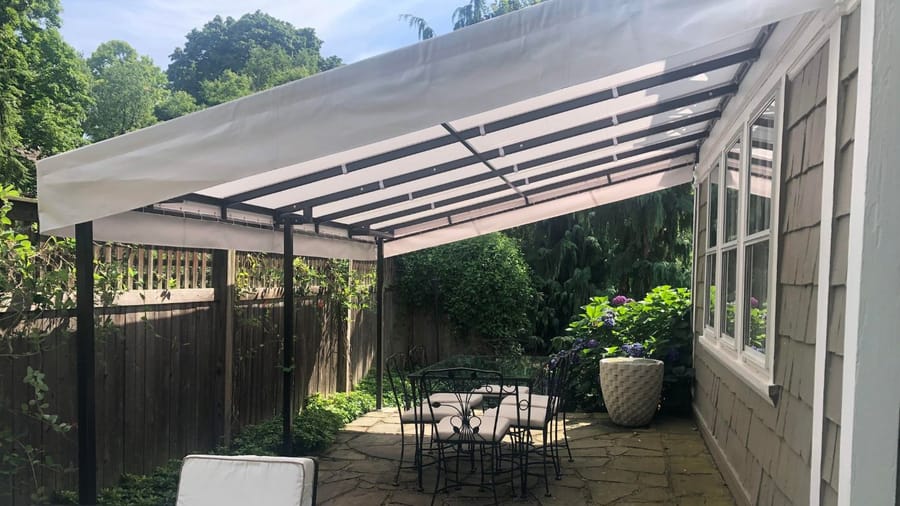
How to Slash Your Energy Bills in Tampa This Summer
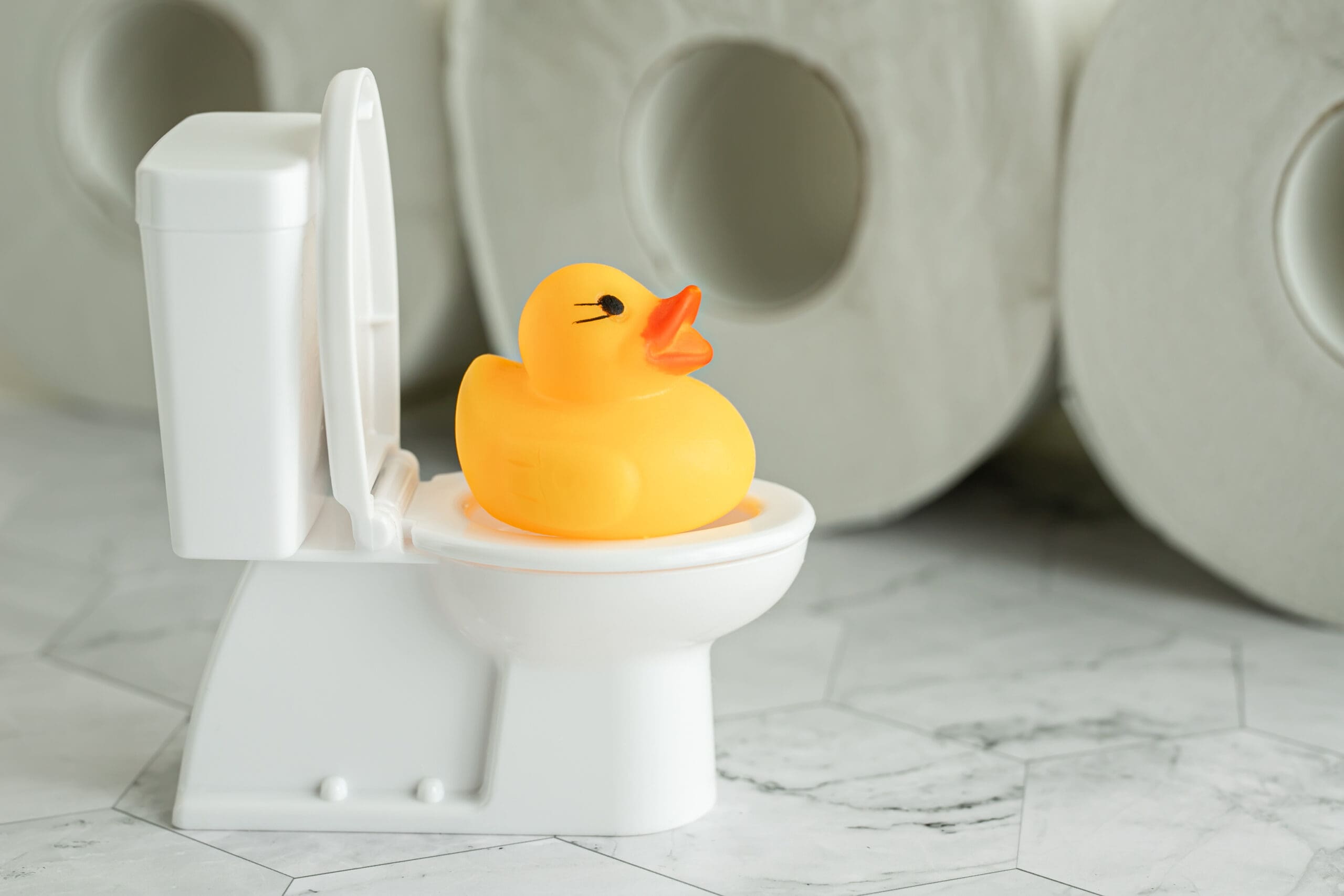
Why Does My Toilet Flush Twice?
